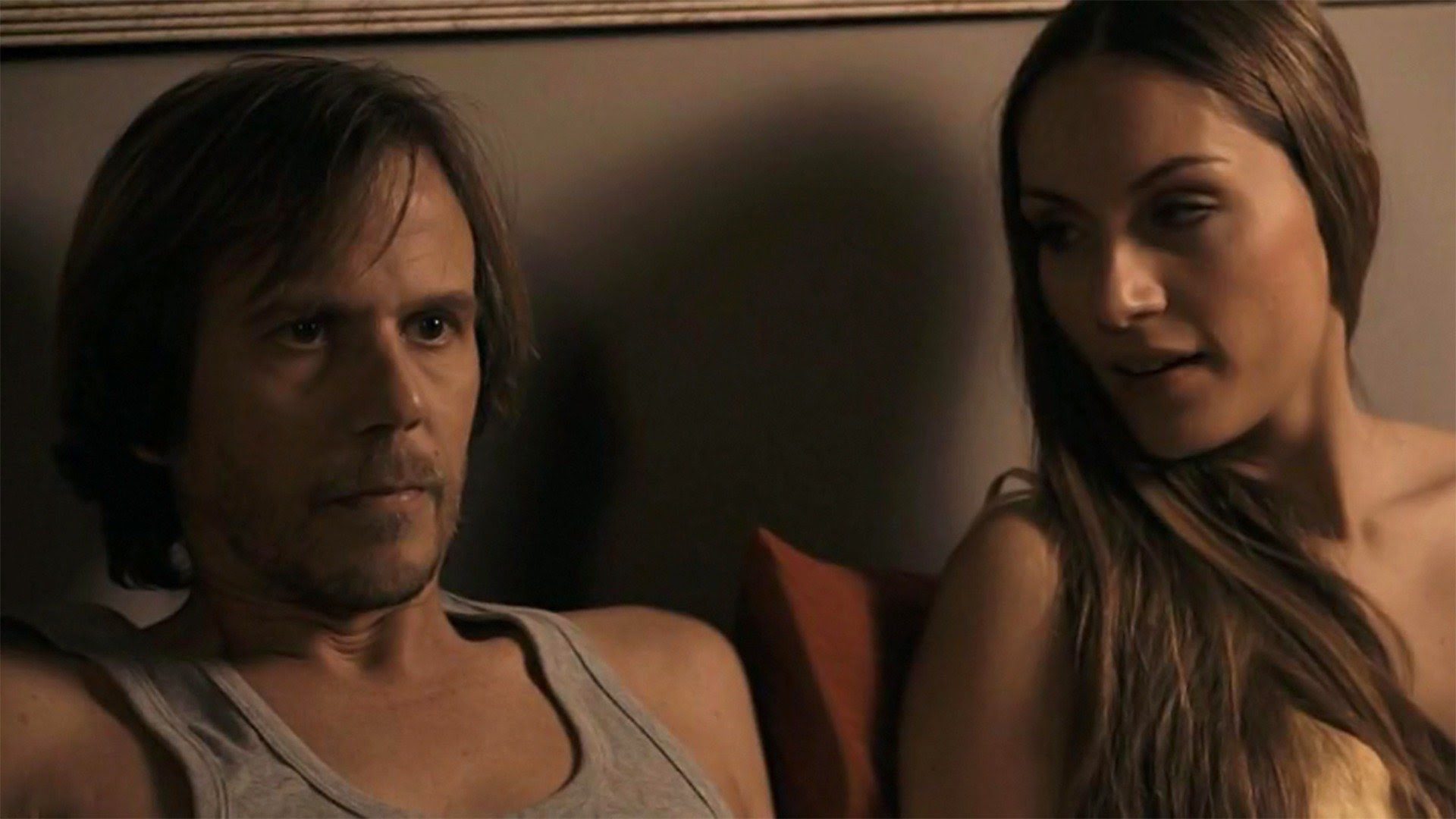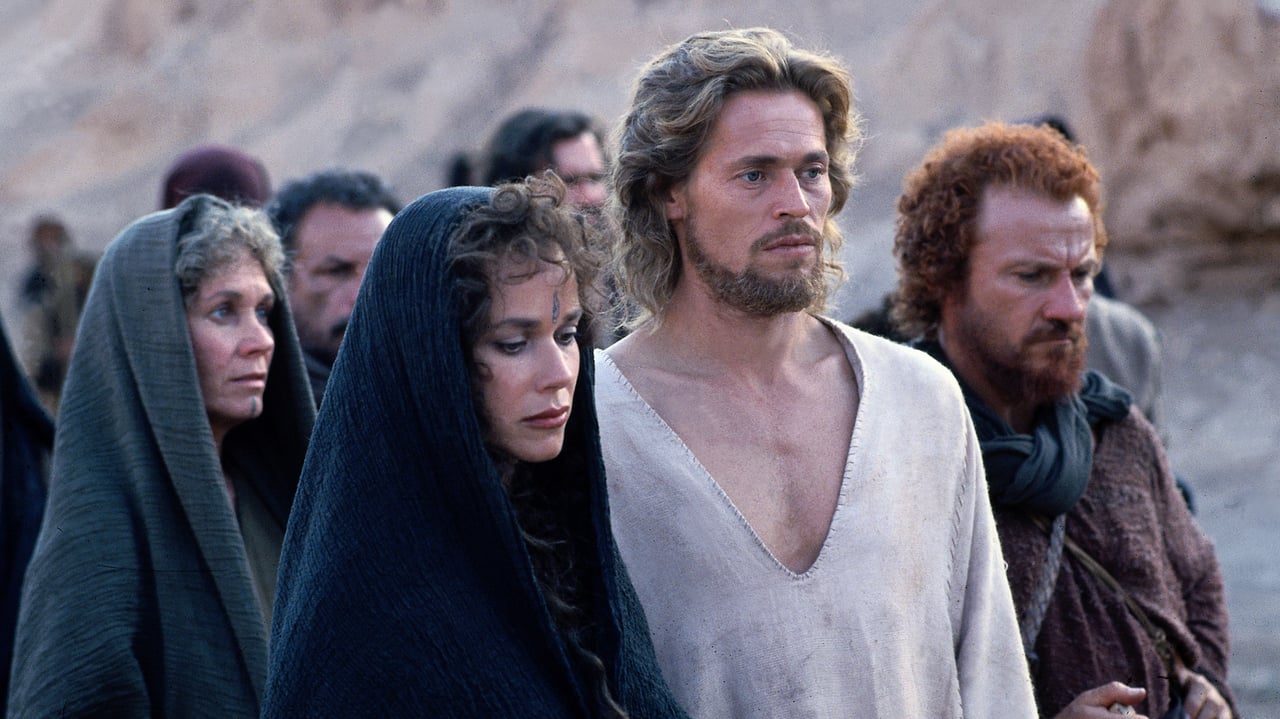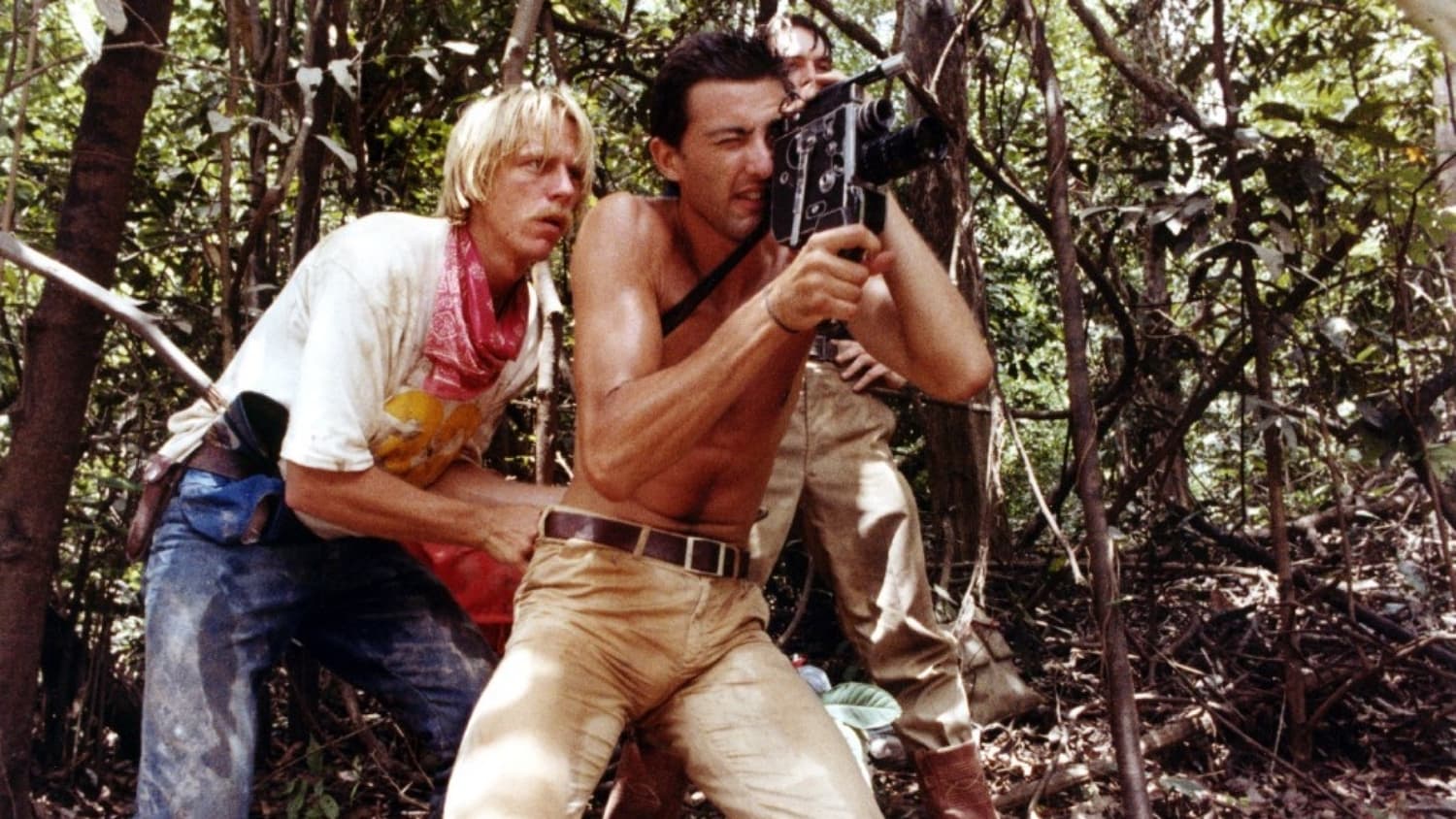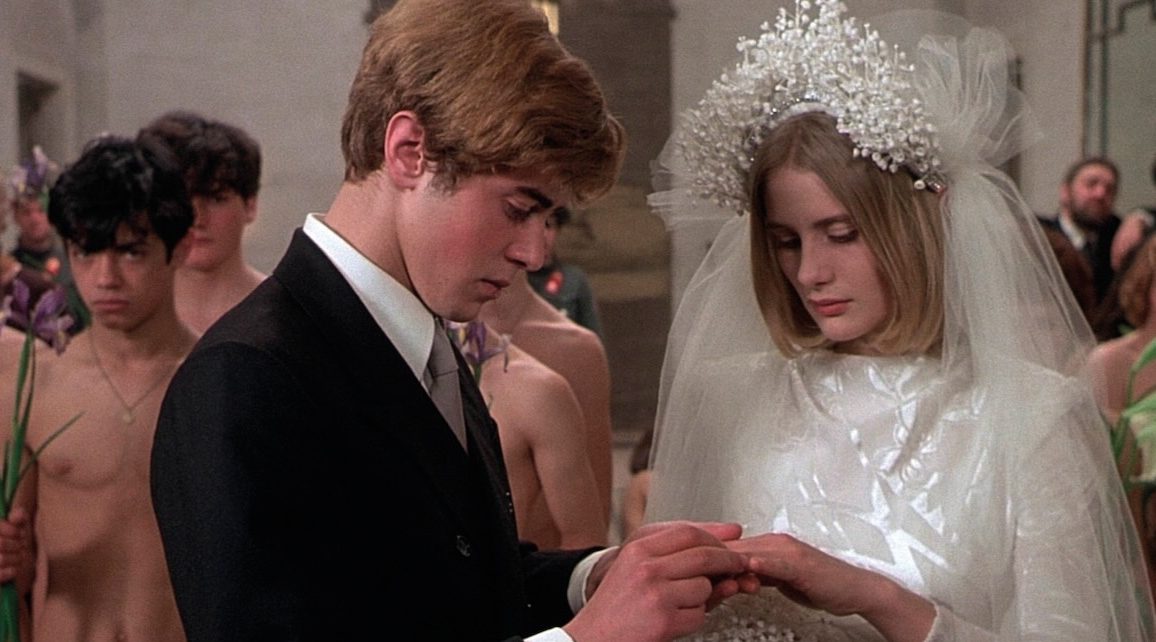Film is not just an artistic medium but also a platform that challenges societal standards, morality, and religion. Some films have transcended boundaries, sparking intense debates and leaving a lasting impact on history. In this article, we will explore four of the most controversial films that have ignited discussions over the years. Each work presents a unique narrative but shares a common point: they compel viewers to confront uncomfortable issues.
1. A Serbian Film (2010)

A Serbian Film, directed by Srđan Spasojević, is one of the most shocking horror films ever produced. The story revolves around Miloš, a retired porn star who gets drawn into a dark and disturbing project involving horrific scenes of sexual violence, incest, and brutal acts against children. Upon its release, the film was banned in several countries, including Spain and Australia, and received widespread criticism for its extreme content.
What makes this film controversial? It’s not just the graphic nature of the images, but also the director’s intent to use violence as a metaphor for the societal decay in post-war Serbia. Spasojević has stated that the film reflects the oppression and commodification that the Serbian people have endured under political regimes. However, many viewers and critics argue that it serves only as a grotesque excuse to justify its horrific imagery. Despite the backlash, A Serbian Film has garnered a cult following, raising the question: where is the line between art and exploitation?
2. The Last Temptation of Christ (1988)

Martin Scorsese stirred controversy with The Last Temptation of Christ, a film that explores the human side of Jesus Christ (played by Willem Dafoe). Based on the novel by Nikos Kazantzakis, the film depicts Jesus’s internal struggles, including a fictional romantic relationship with Mary Magdalene, which includes intimate scenes. This portrayal led many Christian groups to label the film as “blasphemous.”
The film was banned in several countries, including Mexico and Chile, and faced violent protests in the U.S., with some theaters being bomb threats. Scorsese aimed to present a humanistic interpretation of Jesus, rather than an offensive one. Despite the controversies, The Last Temptation of Christ is still celebrated by critics and has become a classic.
3. Cannibal Holocaust (1980)

Cannibal Holocaust, directed by Ruggero Deodato, is a pioneering horror film known for its “found footage” style. The film follows a documentary crew that goes missing in the Amazon rainforest, leaving behind footage that captures the horrific violence between humans and a native tribe. The controversy arises not merely from the depiction of graphic violence but also from the actual killing of animals — such as turtles and piglets — on screen.
The film was banned in over 50 countries, and Deodato was even arrested for obscenity, as he was suspected of staging real murders. He had to prove that the actors were still alive to avoid charges. Additionally, the film was criticized for its portrayal of indigenous people, raising debates about exploitation and cultural representation. Nevertheless, Cannibal Holocaust is highly regarded for its innovative narrative techniques and its lasting impact on the horror genre, despite the persistent controversies surrounding it.
4. Salò, or the 120 Days of Sodom (1975)

Directed by Pier Paolo Pasolini, Salò, or the 120 Days of Sodom is based on the novel by Marquis de Sade, set against the backdrop of Fascist Italy. The film depicts the sadistic exploitation of a group of teenagers through acts of extreme violence, sexual abuse, and psychological torture. Due to its shocking content, Salò was banned in numerous countries, including the UK and Australia, during the 1970s.
Pasolini, known for his provocative views against fascism and critiques of consumerism, intended to use Salò to critique the moral degradation of power and contemporary society. However, its explicit content led to widespread censorship. Some viewers regard it as a cinematic masterpiece, while others see it as a morally bankrupt product. Regardless of perspective, Salò remains one of the most controversial films, forcing audiences to confront the darkest aspects of human nature.





















